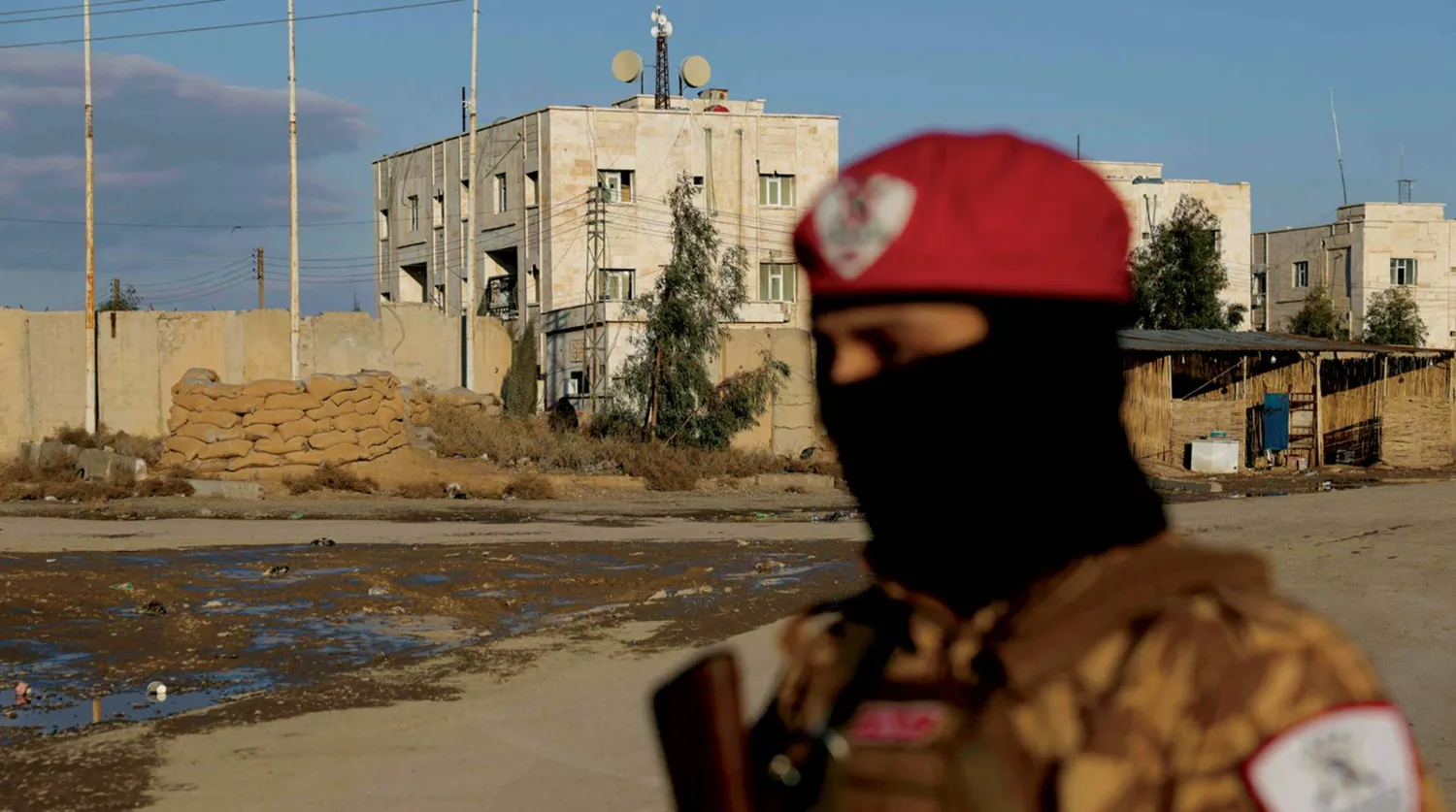Secretary-General of the Arab League Ahmed Aboul Gheit is seeking to form an international alliance that confronts Israel’s annexation plans in the West Bank and Jordan Valley.
Israel’s plans did not receive any international support, according to the Sec-Gen, who said that most countries and international blocs oppose it, hoping this will help in the formation of the alliance.
Aboul Gheit said in a statement on Wednesday that it is necessary at this stage to form the widest possible international alliance which will expose Israel’s isolation and those who support it in this reckless and dangerous policy that threatens the stability of the region.
Assistant Secretary-General of the League of Arab States Hossam Zaki indicated that Aboul Gheit will participate in a session on the situation in the Middle East, which will be held at the ministerial level on June 24th and will be entirely devoted to discussing the annexation plans.
Zaki said that holding this meeting at this time is an opportunity for the Security Council and its members to publicly and collectively reject Israel’s plans and warn Tel Aviv against moving forward with it.
He pointed out that the meeting came as a result of successive conferences held by the Arab League delegation in New York with members of the Security Council led by France, the current president of the council, as well as Germany, as the upcoming president.
These diplomatic moves aim to implement the decision of the League calling to harness international efforts at the United Nations and its organs to address the implementation of the Israeli annexation plans.
Zaki stressed that Aboul Gheit continues his international calls to build an alliance against the Israeli move and demonstrate its grave threat to international peace and security.
Aboul Gheit recently sent a number of messages to Japan, India, Australia, and Russia warning against the annexation of parts of the Palestinian territories.









